KATHMANDU: A well-known name in Nepalese media Mr. Jiwan Parajuli, is a film journalist and author field of journalism.
Parajuli is the vice president of the Film Journalist Association Nepal. Currently, he is also working as a journalist and publisher at the entertainment news portal Thuloparda media.
Recently, he is awarded Press Council Beat Journalism Award for his tireless contribution to the field of entertainment journalism.
Having more than a decade of a career in journalism has achieved and raised the level of the journalism fraternity.
He is also a member of the International Federation of Journalists (IFJ) and has been involved as the founder and vice president of the National Delphic Council, Nepal Chapter. His analytical way of Journalism has been a windfall to the sector and has also inspired new generations.
Anil Thapa of Khabarhub approached Parajuli to talk about his experience, contribution, and plans ahead. Excerpts:
People have started talking about the need to regulate social media. What do you think about regulating social media and its effects on journalism?
Internet-based social media networks have become our culture now. We are not in a position to disagree with it. However, its guideline is needed.
The various networks that are openly available have become a headache for all the countries of the world today. The spread of negativity more than positivity is one of the major alterations of social media networks.
Although it is a significant part of our daily life, we cannot use it with confidence. Social media networks are leaving both positive and negative effects on journalism.
Its main weakness is giving wrong information by misusing online media under the guise of social networks and grabbing revenue from advertising.
Serious questions are being raised about the credibility of the media when the general public is accepting false information as news.
However, many journalists and media outlets now rely on social media as their main source of information and news because it is accessible, fast and cheap.
As people around the world are connected through social networks, the media has played an important and simple role in bringing published/broadcasted news content and other content to the general public. For instant access and cross–regional communication social media is very effective.
What experience have you gained from your career till today?
In my nearly one-and-a-half-decade-long journalism career, I have had the privilege of being present among Nepalis all over the world through my writing journeys and audio and video materials.
My journalistic career started at a time when everything was presented traditionally. During the development of journalism and the media industry, I have seen and experienced the revolution of online media in particular. I have witnessed the rise of new media and the declining popularity of traditional media.
At the beginning of my career, I worked in FM radio. At that time, internet facilities were just becoming available in Nepal.
Having started journalism in digital format at that time, I am taking the experience of digital journalism, i.e. online journalism, to today’s comprehensive form. The digital age of the last decade has brought new ways of reading and sharing information.
I have experience in journalism during the emergency and development of time when the news, I wrote and the audio and video materials I prepared can be delivered immediately to readers around the world. Today, people find it easy to consume news and information content on their mobile phones.
Who is your idol in journalism?
Journalist and author Vijay Kumar Pandey is my main inspiration in journalism and presenting television programs. I find his television show presentation and writing quite inspiring.
The questions he asks during the interview seem simple but not common. His specialty lies in asking and writing difficult things in simple and decent language. His ability to write a book without hiding himself is another characteristic that I am very impressed by.
How important is originality in journalism?
Journalism is one of the most important professions in society. It works on issues that people need to know. It is the journalist’s responsibility to create original content.
Journalists are not only writers but also storytellers. Journalists are constrained by time and resources, so originality may not always be possible. With the growth of social networks and increased access to information, increased competition in journalism has created a demand for more original content.
You are the leader of a Nepali entertainment-based journalist. Why did you become a leader of journalists?
All of our professions require organized leadership. When professional people are united organizationally, it ensures the safety of the profession, cooperation in working style, capacity development, and leadership experience.
I am still leading the professional organization of journalists in the entertainment genre as the Vice President of the Film Journalist Association Nepal. I was of the nature of preferring to be at the leadership level right from my school life.
The leadership that started as the monitor of my class is now going on leading entertainment journalists across the country.
I am in leadership with the aim of working for the rights and interests of journalists in this area, professional security, professional capacity development, etc.
What qualities does a good leader possess?
The leader should adapt to the environment around him while maintaining confidence in himself and trust among his members. The leadership plan should be successful with the team and members of the organization being led.
A person in leadership should be able to put aside his personal desires and adopt the desires and needs of his followers.
It is most important to have the habit of listening to the members of the organization you are leading. A successful leader must have a clear vision, courage, integrity, honesty and humility.
It is not who leads, but how the leader helps the organization and its members achieve their goals and help them excel. A successful leader should not work under pressure from any group to the detriment of the organization and its members.
Lastly, why should we read your book ‘Close-up’?
The book ‘Close-up’ is a comprehensive form of journalism that I have been doing for a long time. I have prepared this book realizing that there is no documentation about the subjects and related people during film journalism.
In this, I have used the characters of 61 Nepali movies from different eras based on their experience and from their point of view, what Nepali cinema was yesterday and what has happened till today has reached 57 years of history.
I have written this book based on some representative characters with the aim that the reader who is interested in the film or who wants to know the history will not have to search about each person. So I think this book should be read.


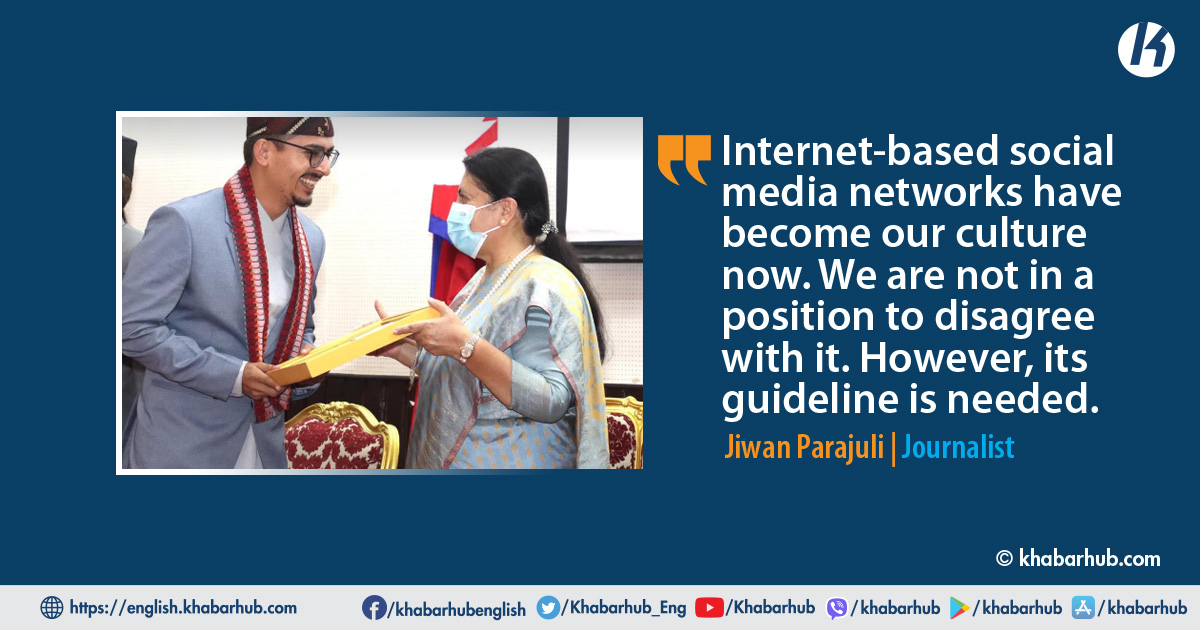
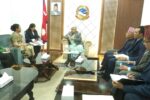

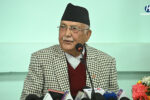
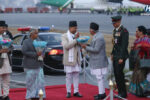
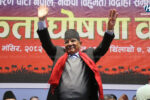

Comment